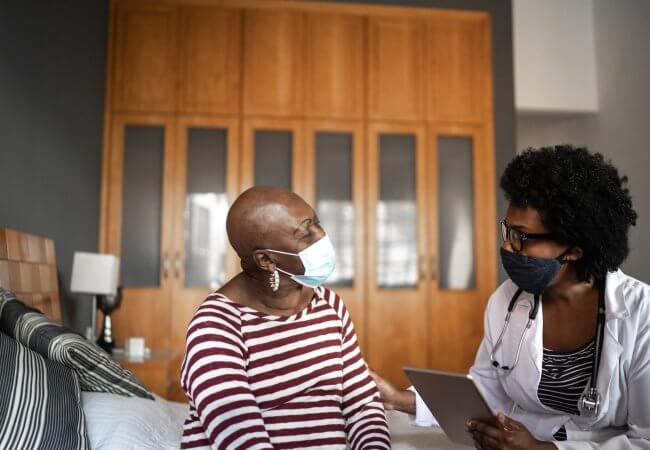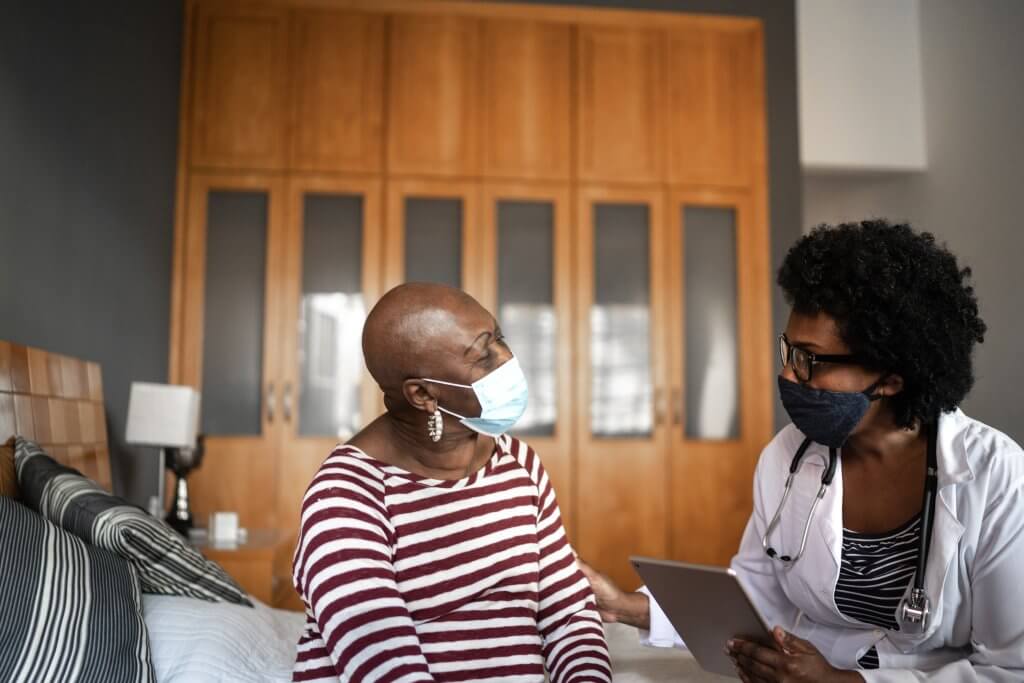
Sep 01, 2022
Nurses and Family Caregivers: The Future of Hospital at Home Programs

Hospital at Home (HaH) programs are gaining traction due in large part to their role in meeting the need for hospital capacity during the COVID pandemic. The model shifts care into the home setting and delivers acute hospital-level care to eligible patients where they live instead of in a hospital. As the model’s growth is expected to continue, it has raised some concerns.
An August 30 opinion piece in Medscape addresses concerns among some nurses that the home-based model for acute care jeopardizes patient safety. Written by the nurse manager for a hospital-at-home program, the piece argues that, on the contrary, “[it] is in this setting that nurses’ critical thinking and assessment skills are so valuable. The nurse has a view of the patient as a whole. Their environment and living conditions are assessed, social determinants of health identified, medication reconciliations completed, and home equipment inspected.”
A recent brief, released by the AARP Public Policy Institute and ATI Advisory, addresses concerns about the expectations of family caregivers in HaH programs. It recommends that policymakers and HaH program operators: seek family caregivers’ assent once patients consent to acute care at home; do not expect caregivers to take on medical/nursing tasks but provide training for caregivers who indicate they want those responsibilities; and set the patient and caregiver up for a successful transfer to post-acute care.
